Course in 'cannibalism' a steep learning curve
By Yang Yang ( China Daily ) Updated: 2013-07-30 09:57:13Overhaul urgently needed for chaotic private education market, reports Yang Yang.
When Zhang Yusi began looking for an English-language course in preparation for study overseas, she felt overwhelmed by the huge number of advertisements for numerous service providers, who trumpeted their strengths in the media and on street billboards.
 |
|
Children at an English class at a training institute in Wenling, Zhejiang province. Provided to China Daily |
After some deliberation, the 24-year-old graduate student at Beijing's Central Academy of Drama opted for big-name establishments, but was then deterred by the high tuition fees for several months of intensive study.
The large number of unflattering comments on the Internet, posted by former students who regretted having been taken in by ads and promotions, also gave her cause for concern.
So, after weeks of bargaining, Zhang was surprised to learn that Wall Street English, one of China's best-known language-training schools, was offering a yearlong course at a nonrefundable, promotional price of 25,000 yuan ($4,100), far lower than the company's usual 40,000 yuan fee.
Welcome to the chaotic, but highly lucrative, world of China's private education industry.
Industry insiders estimate that at least 100,000 private educational and training institutes are operating in China.
The real number may be much higher, because many providers have registered with the State Administration for Industry and Commerce as education consultancies.
|
|
|
|
|
|
|
|
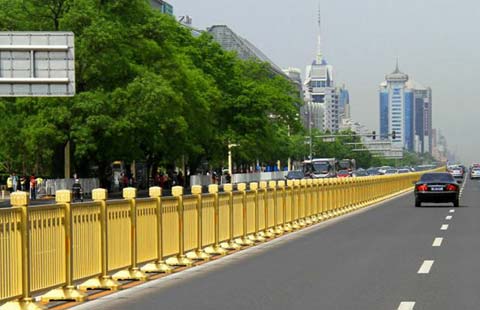
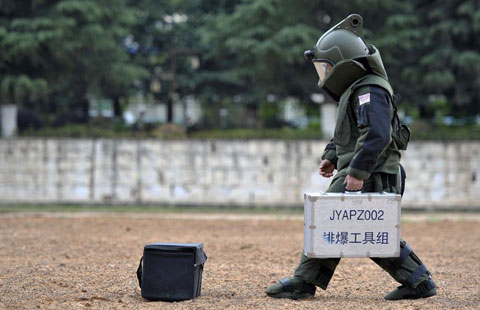

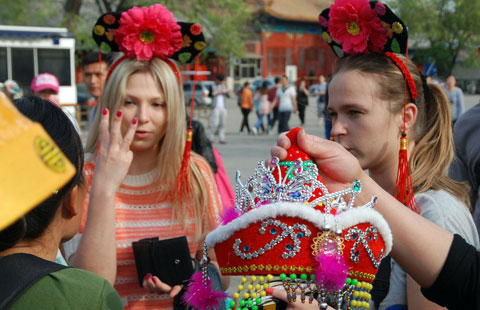


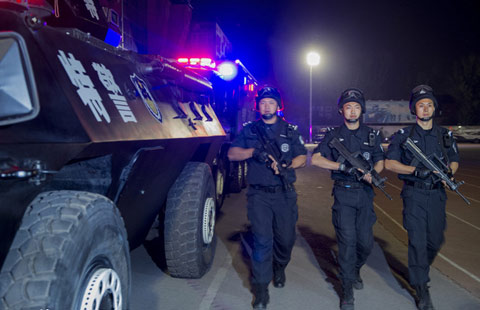



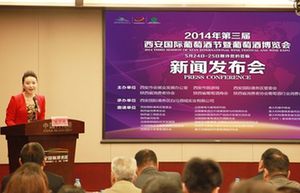







 Op Rana
Op Rana Berlin Fang
Berlin Fang Zhu Yuan
Zhu Yuan Huang Xiangyang
Huang Xiangyang Chen Weihua
Chen Weihua Liu Shinan
Liu Shinan